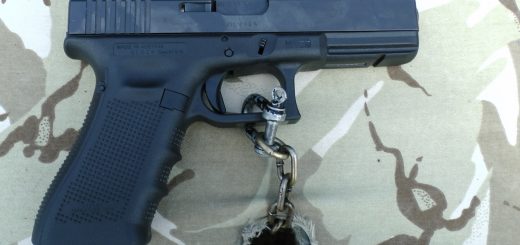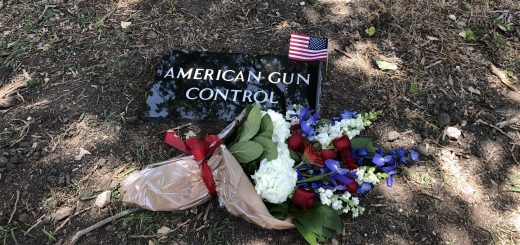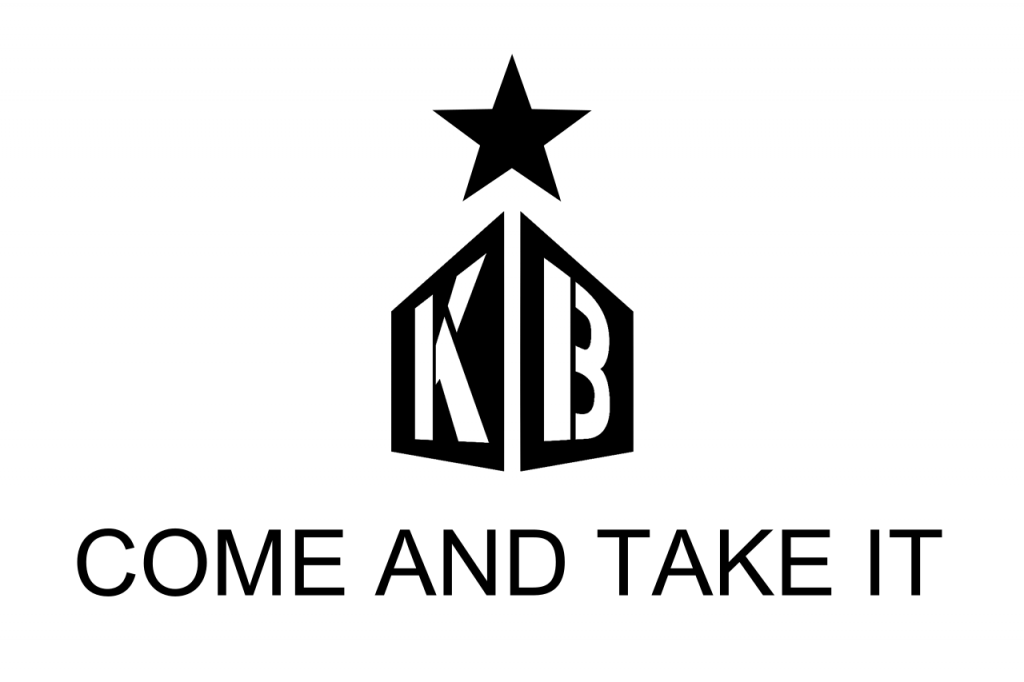Something’s Up with Airsoft Imports
Disclaimer: This is a developing story. Information presented here reflects the situation as it currently appears and may be updated as new documentation or official statements become available.
Initial Reports
The following info was first shared in a Discord chat that quickly went viral. One user claimed to have spoken with a New Jersey customs official who “oversees all airsoft imports.” According to them, the ATF had halted all airsoft imports unless the entire gun, from the manufacturer, was bright orange. The supposed reason? A case where someone attached an airsoft MK18 rail to a real rifle and got shot.
That claim was followed by reports of delayed or rejected shipments, with one importer saying roughly $10,000-$20,000 worth of airsoft replicas were held or destroyed at customs. For once, this wasn’t your average online panic. It came with phone numbers, call transcripts, and direct connections to CBP Newark.
Calls, Confusion, and Contradictions
To verify, one member of the community called CBP Newark. After navigating the automated menu and reaching an officer handling firearm imports, the exchange went something like this:
“Can private citizens import replica firearms?”
“Do you have an import number?”
“No.”
“Then you must go through an FFL or file an ATF Form 6 for firearms and replicas alike.”
There was no mention of a new ATF order, but there was also no denial of stricter scrutiny. Imports are currently being questioned, delayed, or stopped outright. For now, this appears to be the current enforcement climate until someone can show otherwise.
Another importer mentioned that they could no longer access the Certificate of Conformity that usually accompanies legitimate shipments. Whether that is a bureaucratic hang up or an intentional block remains unclear. If this is being directed by ATF or DHS, it raises questions about how it can be enforced without any formal publication or rule change.
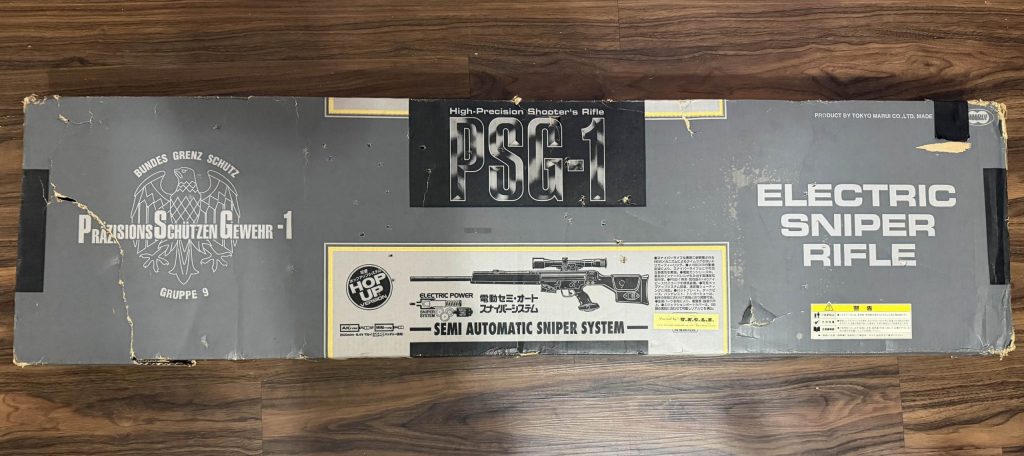
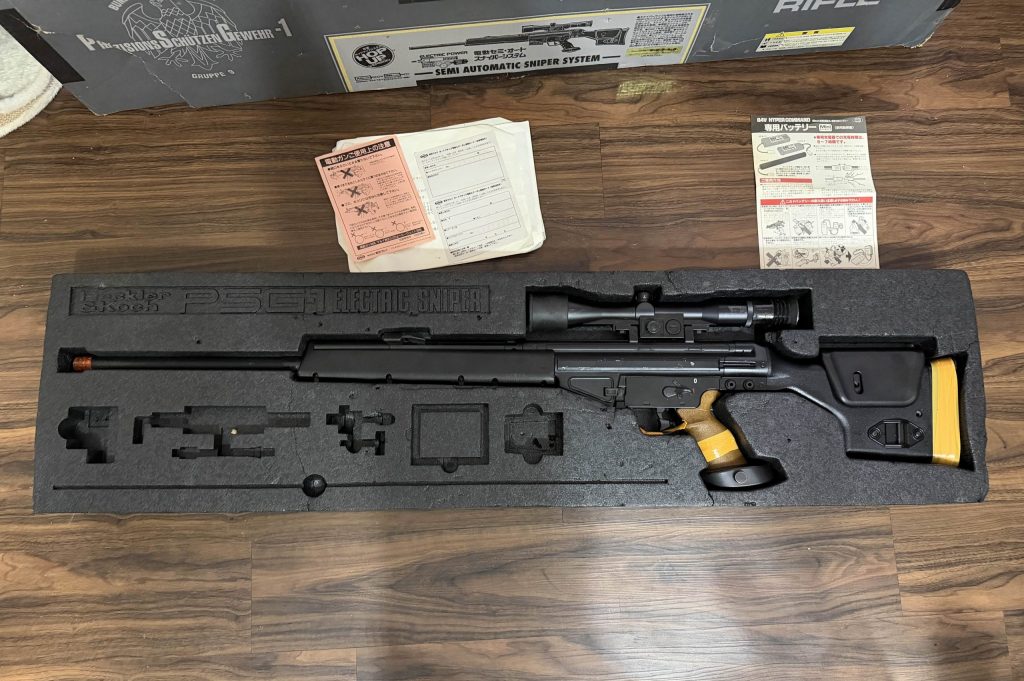
What Federal Law Says (and Doesn’t)
Two agencies currently define how airsoft replicas are regulated: U.S. Customs and Border Protection (CBP) and the Consumer Product Safety Commission (CPSC).
CBP: Replica Firearms and Import Procedures
- Replica firearms are subject to CBP import review.
- Importation typically requires a licensed importer (FFL) or an approved ATF Form 6.
- Shipments missing proper labeling or identification markings may be seized.
CPSC: Safety and Appearance Standards
(cpsc.gov)
- Oversight of airsoft markings and appearance moved from the Department of Commerce to the CPSC under 16 CFR Part 1272.
- The long-standing orange tip rule remains in effect.
- The 2022 oversight transfer was administrative, not a new restriction.
- Existing airsoft guns and compliant imports remain legal under current law.
On paper, nothing has changed. In practice, something definitely has.
Licensing, Trademarks, and the Knockoff Problem
Part of the problem may stem from trademark enforcement.
Manufacturers such as Tokyo Marui and GHK don’t hold U.S. trademarks for brands like Colt, FN, or H&K. Companies such as Umarex and Cybergun do, and they pay for the right to use those names.
That means CBP can seize unlicensed airsoft guns under the same laws that govern counterfeit imports. As one player in the community put it:
“They don’t pay licensing fees like Umarex, so it gets seized under the same pretense as knockoff Rolexes.”
The issue isn’t the gun’s function, it’s its branding. When a “Colt M4A1” replica shows up at customs with no licensing paperwork, it can be legally treated as counterfeit merchandise, not a firearm.
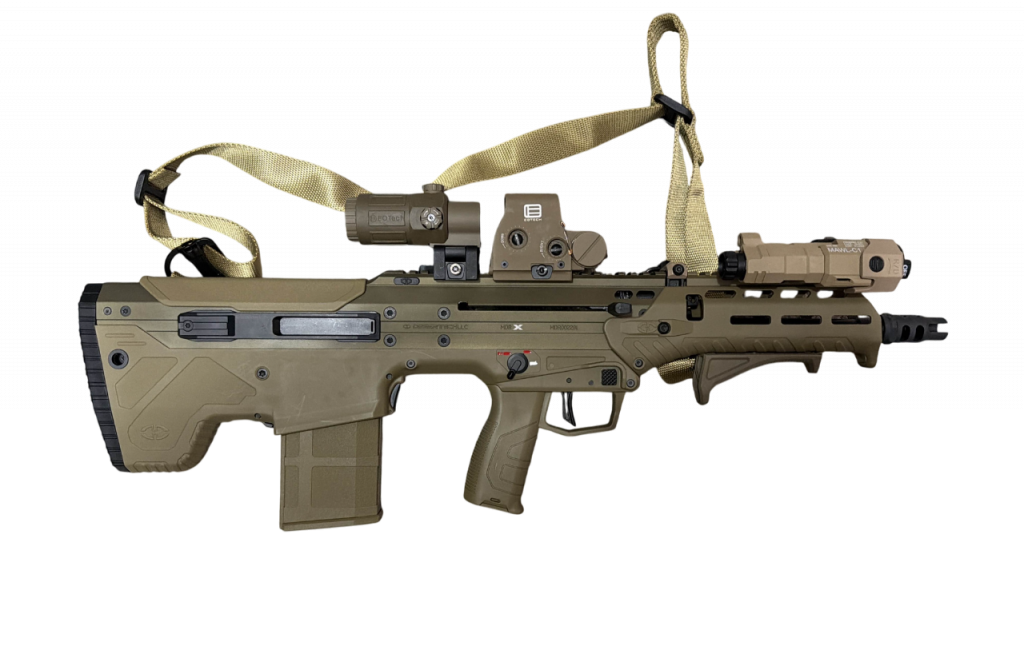
If There’s a New Rule, Nobody’s Owning It
No public statements have been issued by the ATF, CBP, or CPSC acknowledging any policy change or import freeze. Yet importers are being denied documents, shipments are being stalled, and customs officers are giving conflicting explanations.
If there is a new directive circulating internally that restricts replica firearm imports beyond the published CPSC rules, it has not been entered into the Federal Register, as required by law. Until an agency releases official guidance, this appears to be an enforcement change happening off the books.
The Bottom Line
Something is happening at the ports, and it’s affecting both businesses and private collectors. Whether this is an internal order, an enforcement surge, or a trademark crackdown masked as a safety policy, the results are the same. Airsoft imports are being straight up stopped, questioned, or buried in paperwork.
There is no public ban in writing, but the facts on the ground suggest a quiet freeze. Until an agency provides verifiable documentation that contradicts this, it’s safest to assume that airsoft imports are under serious scrutiny.
And as anyone who’s been in this hobby for long knows, once customs tightens the screws, it’s rarely temporary.
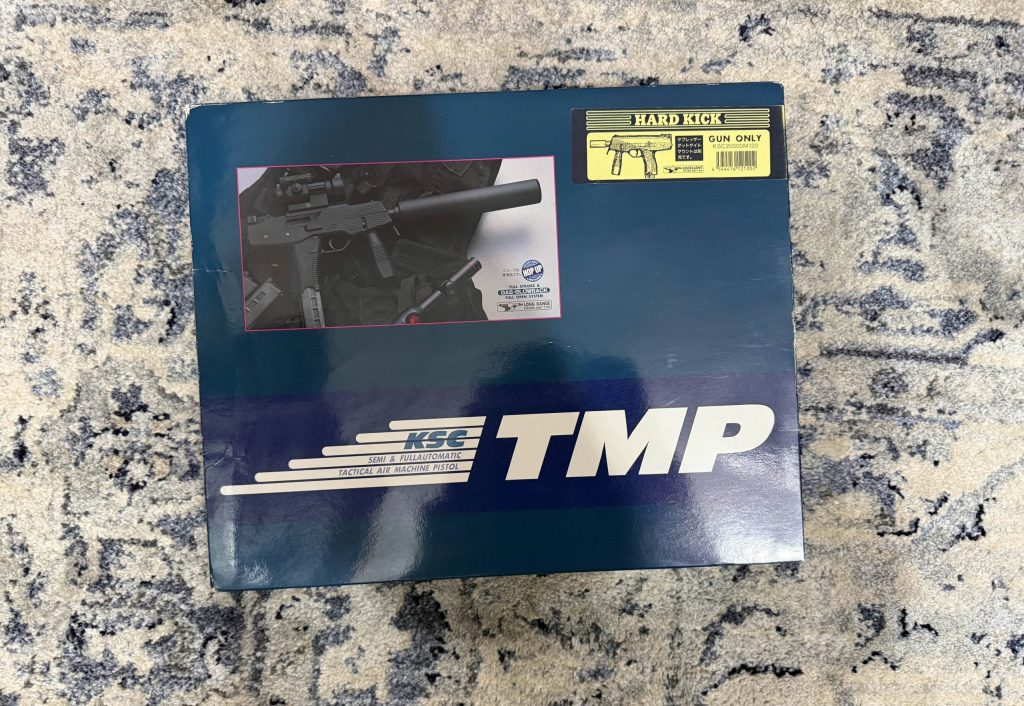
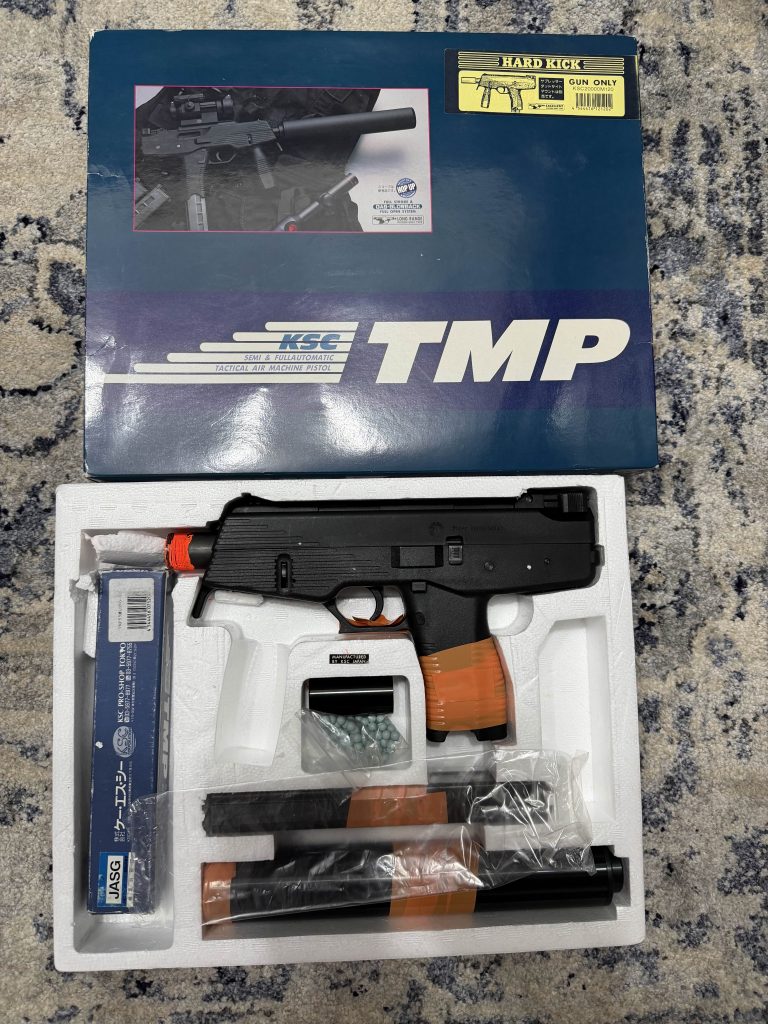
Appendix: Compliance Documentation
Independent importers have shared documents showing that their replica firearms already meet both federal and state legal requirements, including California SB-199 coloration standards and U.S. Customs compliance limits.
- Example: The U.S. Customs Certificate confirms that the imported replica (GHK AUG A2) chronographs at 270–290 FPS (0.7–0.8 joules), well under the federal firearm threshold, and is accompanied by official FPS testing and compliance signatures.
- The Japan side Export Certificate includes full text of California Penal Code Section 16700 (SB-199) outlining approved imitation firearm markings such as blaze orange tips, fluorescent trigger guards, and translucent or bright-colored exteriors and certifies that all models comply prior to export.
These documents demonstrate that shipments already satisfy both federal and California imitation firearm laws. Their rejection or detention by U.S. ports only deepens the mystery around what’s actually being enforced.
“If these documents are accurate, the imported replicas in question meet every published federal and state safety requirement. That leaves one big question: why are they suddenly being held at customs?”
Sources: CBP Replica Firearms Import Guidance, CPSC Airsoft Gun Regulations FAQ, supporting importer documentation on file.
